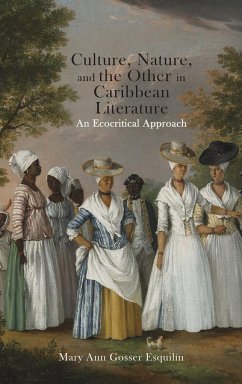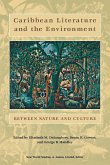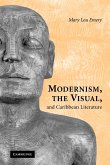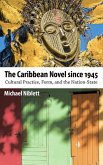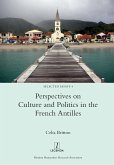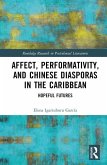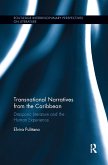Stereotypes of Caribbean "nature" as lush and its people as exotic Others abound. For those who call the islands home, the region evokes more somber images that reflect the history of colonization and the environmental devastation that ensues. Close ecocritical readings of literary texts illuminate aspects of an encompassing nature inclusive of all Others within the Caribbean ecosphere. This book thus uses ecocritical lenses to examine Caribbean texts and provides a useful context to understand how Other(ed) natures have been scripted by bringing to light environmental concerns not patent in heteropatriarchal interpretations. It establishes patterns of coexistence and interdependence between the spiritual and palpable material worlds that surround the characters who populate Caribbean literature. Culture, Nature, and the Other in Caribbean Literature: An Ecocritical Approach considers texts from colonial times to the present that reflect on the significance of the region's rich cultures against the brutal slavery system and its impact on the environment. Christopher Columbus's first letter helps establish the effects of colonization on indigenous peoples, the ensuing importation of African slaves, and the changes to the landscape. The Haitian revolution, a turning point in Caribbean history, remains central when studying the effects of continued violence on the ecosystem when juxtaposed to the spiritual world of Other(ed) natures. The expression of female agency and sexuality provides the framework for the study of adaptation and hybridization as crucial reflections on the ecological significance of the Caribbean's multiracial reality. The book considers the Caribbean's rich cultural matter as part of the ecosphere that resonates with the surrounding more-than-human world that should be saved from extinction. Novelists transform ecological issues into pressing matters that extend beyond the environment and include the syncretic cultures of the islands and its peoples. No other book offers this kind of close comparative re-readings of Caribbean texts-from Hispaniola to Haiti to Cuba, and from Martinique to Guadeloupe to Puerto Rico, to the Dominican Republic-through ecocritical lenses to recognize the significance of the survival of the literary matter of Other(ed) natures as readers (re)think their own roles within this inclusive ecosphere. Culture, Nature, and the Other in Caribbean Literature is a valuable resource for academic researchers, students, and general readers interested in ecocritical approaches to Caribbean literature as well as environmental and cultural studies. This book is in the Cambria Latin American Literatures and Cultures Series headed by Román de la Campa, the Edwin B. and Lenore R. Williams Professor Emeritus of Romance Languages at the University of Pennsylvania.
Hinweis: Dieser Artikel kann nur an eine deutsche Lieferadresse ausgeliefert werden.
Hinweis: Dieser Artikel kann nur an eine deutsche Lieferadresse ausgeliefert werden.

